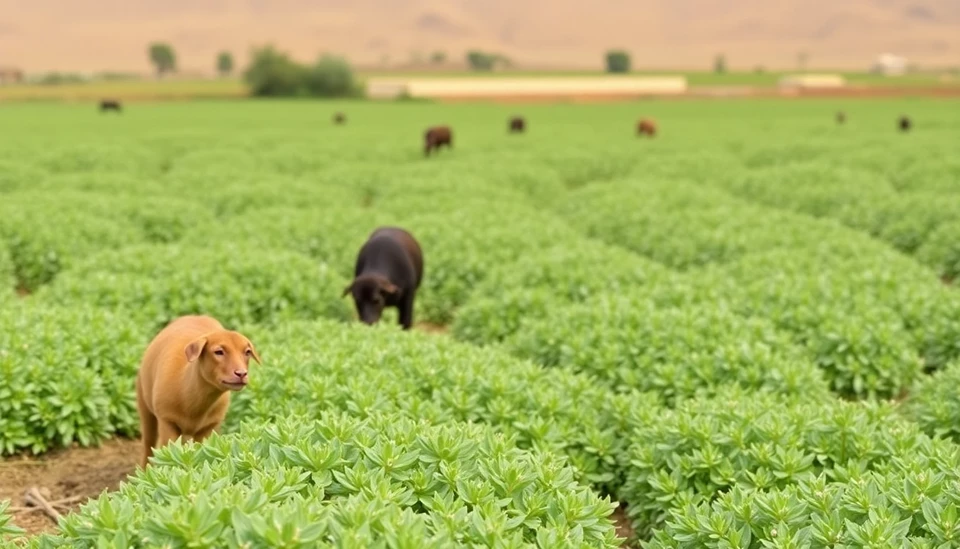
A recent study has revealed that South Africa has been significantly underestimating the contribution of its agricultural sector to economic growth. According to research published shortly before the end of the year, the actual performance of the agriculture sector is far more robust than the data suggests in official reports. This discrepancy raises concerns not just about the accuracy of economic indicators but also about the potential implications for policy-making and investment in the agricultural domain.
The study highlights a chronic issue with how agricultural growth metrics have been calculated and reported. With a focus on the nuances of agricultural productivity and output, researchers assert that traditional methods of measuring growth do not adequately capture the complexities of the sector. This has led to an official narrative that undervalues agriculture's role in the overall economy.
Notably, the undercounting has implications beyond just statistics. It obscures the realities faced by farmers and agribusinesses, particularly amidst challenges such as climate change, changing market demands, and growing food security issues. By failing to represent agriculture accurately, policymakers may overlook vital areas in need of support, potentially stunting growth in a sector that employs millions and is critical to food supply.
The implications of these findings are profound. Accurate data is crucial for developing strategies that address urgent agricultural challenges such as land reform, financing for farmers, and initiatives to promote sustainable farming practices. In an era where food security is increasingly being threatened by global events and climate changes, proper identification and support for the agricultural sector have never been more critical.
As South Africa looks to bolster its economy amidst various domestic and international challenges, the call for more accurate agricultural data is gaining momentum. Stakeholders are urged to reconsider how agricultural contributions are defined and measured in the country’s economic assessments. This adjustment could potentially lead to enhanced funding opportunities and strategies aimed to unlock the full potential of the agricultural sector.
In conclusion, as the world turns its focus on sustainable and resilient agricultural practices, it is essential for South Africa to ensure that its agricultural sector is recognized for its true contribution to the economy. By addressing this under-reporting, the country can move towards more holistic and accurate economic planning that reflects the realities of its agricultural landscape.
#SouthAfrica #Agriculture #EconomicGrowth #DataAnalysis #PolicyMaking #FoodSecurity #Sustainability #Agribusiness
Author: Rachel Greene




